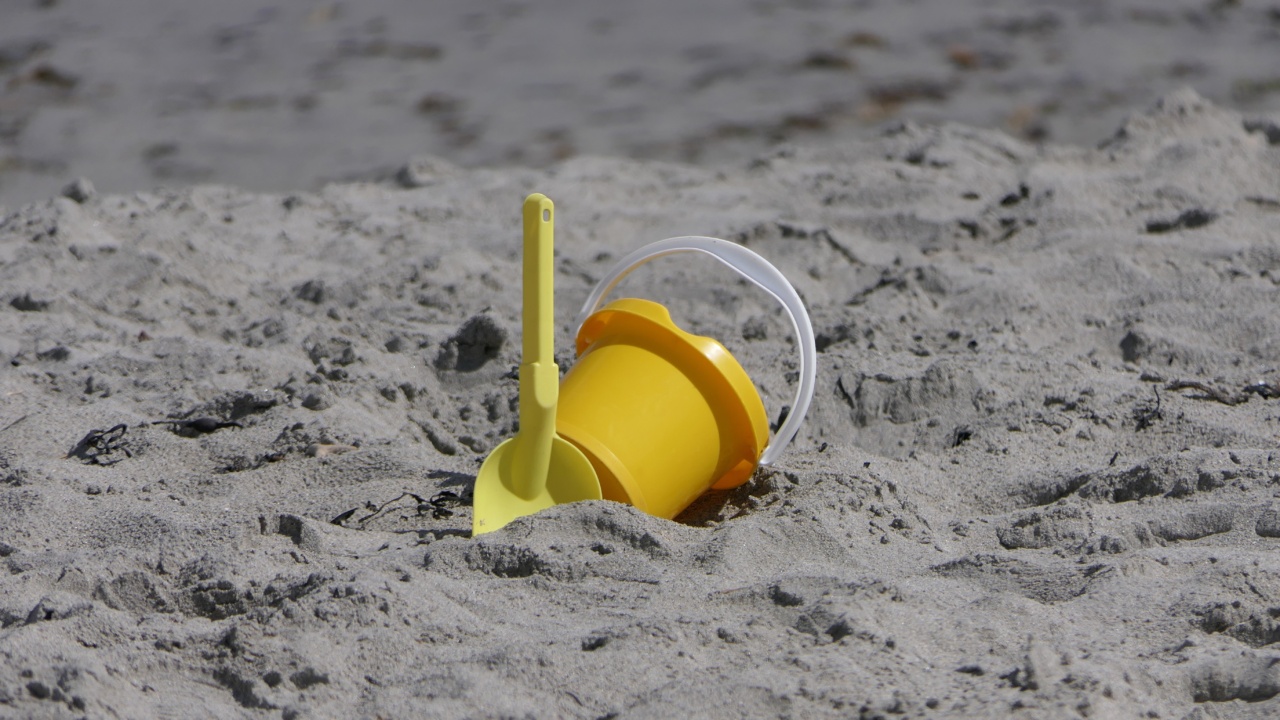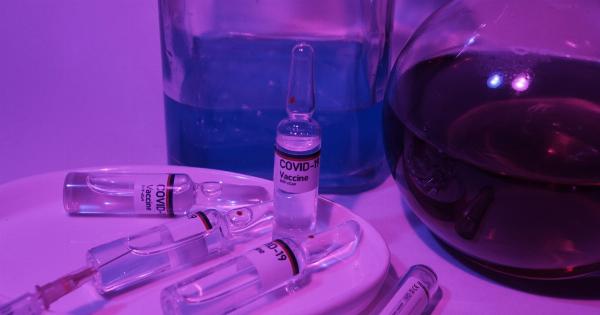Urinary tract infections (UTIs) are a common and painful condition that can affect people of all ages, but they are most prevalent in women. The discomfort and inconvenience caused by UTIs make prevention essential.
While maintaining proper urinary hygiene is crucial, incorporating key substances into your diet can significantly help in avoiding urinary tract infections. In this article, we will discuss three essential substances that can assist in preventing UTIs and improving your overall urinary health.
1. Cranberry
Cranberries have long been associated with urinary health benefits and are often recommended as a natural remedy for UTIs. They contain a high concentration of proanthocyanidins (PACs), which possess anti-adhesive properties.
These PACs prevent bacteria, primarily E. coli, from adhering to the walls of the urinary tract, thereby reducing the risk of infection.
Several studies have shown that consuming cranberry products, such as cranberry juice or tablets, can effectively lower the recurrence of UTIs, especially in women.
However, it’s important to note that cranberry should be used as a preventive measure and not as a treatment for a current infection. Additionally, it’s essential to choose unsweetened cranberry products to avoid excess sugar consumption.
2. D-Mannose
D-Mannose is a naturally occurring sugar that can help prevent UTIs, particularly those caused by E. coli. Like cranberry, D-mannose works by preventing bacteria from adhering to the urinary tract walls.
It does this by binding to the bacteria, allowing them to be flushed out during urination.
Studies have shown that D-mannose can significantly reduce the recurrence of UTIs in women. It is available as a supplement in powder or capsule form, making it easy to incorporate into your daily routine.
However, if you have diabetes or any sugar-related condition, it’s advisable to consult with your healthcare provider before taking D-mannose supplements due to its sugar content.
3. Probiotics
Probiotics are beneficial bacteria that can help maintain a healthy urinary tract by balancing the microbiota in the urinary system.
These “good” bacteria act as a natural defense mechanism against harmful bacteria, preventing their overgrowth and the subsequent development of UTIs.
Research has shown that certain strains of probiotics, such as lactobacilli and bifidobacteria, can help prevent urinary tract infections.
They work by producing natural antibacterial substances and competing with harmful bacteria for colonization in the urinary tract.
Probiotics can be found in fermented foods like yogurt, kefir, and sauerkraut, or taken as supplements. When choosing a probiotic supplement, opt for one specifically formulated for urinary health and containing the appropriate strains.
Prevention Tips
While incorporating these key substances into your diet can significantly reduce the risk of urinary tract infections, it’s important to follow some additional prevention tips:.
1. Stay Hydrated
Drinking an adequate amount of water throughout the day helps flush out bacteria from the urinary tract. Aim for at least eight cups of water daily to ensure proper hydration and urinary system function.
2. Maintain Good Urinary Hygiene
Wipe from front to back after using the toilet to prevent the spread of bacteria from the anus to the urethra. Additionally, urinate before and after sexual intercourse to help clear any bacteria that might have entered the urethra during the act.
3. Avoid Irritants
Minimize your consumption of potential urinary irritants such as caffeine, alcohol, artificial sweeteners, spicy foods, and carbonated drinks. These substances can irritate the urinary tract and potentially increase the risk of UTIs.
4. Wear Breathable Clothing
Avoid tight-fitting jeans or underwear made from synthetic materials that can trap moisture and create a breeding ground for bacteria. Opt for loose, breathable clothing made from natural fibers to promote better airflow and hygiene.
5. Practice Proper Intimate Care
For women, it is crucial to choose gentle and unscented personal hygiene products to avoid irritation of the genital area.
Harsh soaps, douches, and feminine sprays can disrupt the natural balance of bacteria in the urinary tract, making it easier for infection-causing bacteria to grow.
By incorporating cranberry, D-mannose, and probiotics into your diet while practicing good urinary hygiene and following these prevention tips, you can significantly reduce the risk of urinary tract infections.
However, if you suspect you have a UTI or have persistent urinary symptoms, it’s essential to consult with a healthcare professional for proper diagnosis and treatment.































